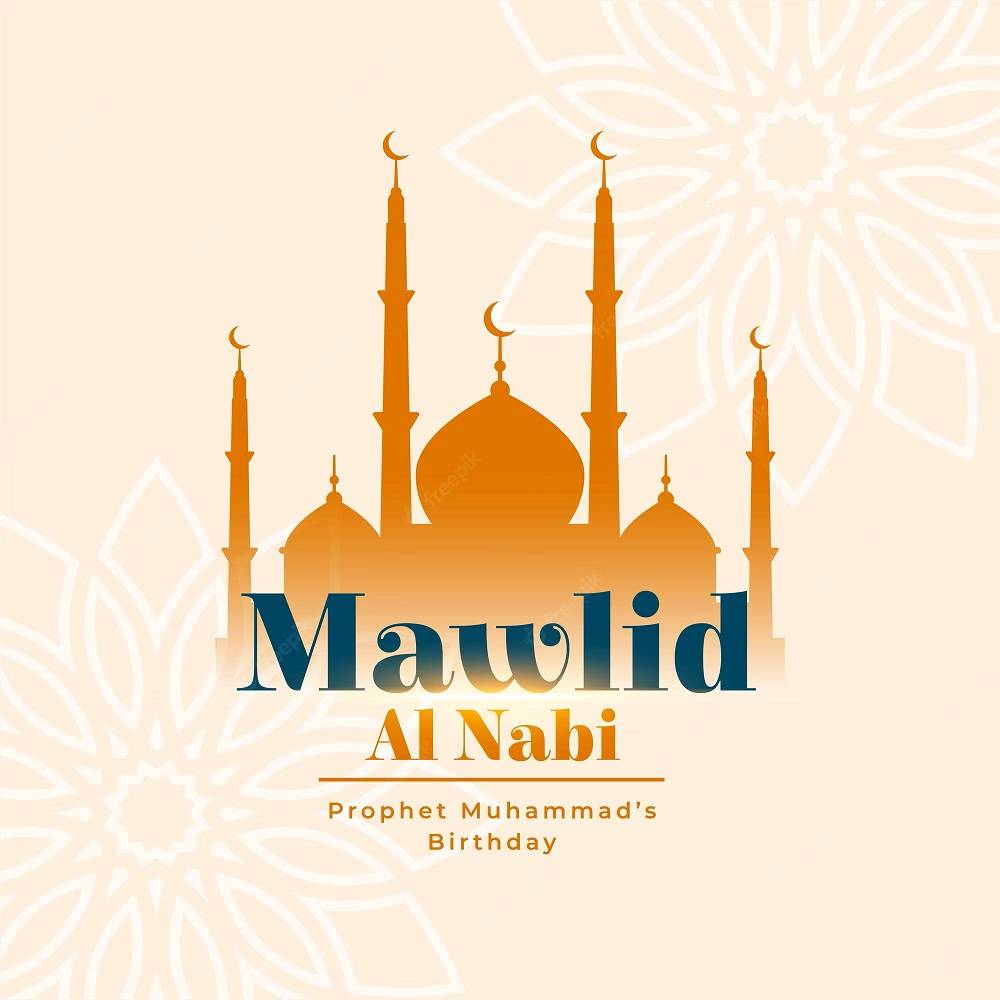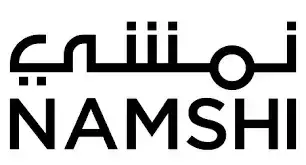Celebrating the birth of the Prophet Muhammad, known as Mawlid al-Nabi, is a significant and joyous occasion for Muslims worldwide. It commemorates the birth of the final prophet of Islam, who is revered as the "Seal of the Prophets" and the "Mercy to the Worlds." This celebration is marked by various customs and traditions that vary from one region to another but share the common goal of expressing love, respect, and gratitude for the Prophet's life and teachings.
When Was the Prophet Born?
To understand the significance of Mawlid, one must first know when the Prophet Muhammad was born. He was born on the 12th day of Rabi' al-Awwal, the third month of the Islamic lunar calendar, in the Year of the Elephant. This event is believed to have occurred in the year 570 CE in the city of Mecca, present-day Saudi Arabia. While the exact date of his birth is a subject of debate among scholars, the 12th of Rabi' al-Awwal is widely accepted and celebrated as the Prophet's birthday.
Muslims Celebrate Muhammad's Birthday
Mawlid celebrations vary in grandeur and style across different countries and communities, but they share common elements. Muslims often begin the celebration by attending special prayers at mosques or other religious gatherings. These prayers include recitations of Quranic verses and poetic hymns praising the Prophet's life and teachings. After the prayers, Muslims gather for communal meals and distribute food to the needy, emphasizing the importance of charity and compassion, which were central to the Prophet's message.
In addition to prayers and acts of charity, Muslims often engage in cultural and educational activities during Mawlid. These activities include lectures, seminars, and exhibitions that focus on the life and teachings of the Prophet. They provide an opportunity for individuals to deepen their understanding of Islam's core values, such as humility, compassion, and tolerance. In some regions, there are colorful processions and parades, where people display banners and recite poems in honor of the Prophet's birth.
Mawlid Traditions: Food, Charity, and Community
One of the key traditions of Mawlid is the preparation and sharing of special foods and sweets. In many cultures, it is customary to make dishes like sweet porridge (known as "halwa") and distribute them to family, friends, and neighbors. This act of sharing symbolizes unity and strengthens community bonds. Additionally, individuals and communities often organize charity events, providing food, clothing, and other essentials to those in need, following the example of the Prophet Muhammad's emphasis on charity and caring for the less fortunate.
Mawlid is also a time for educational and cultural activities. Many Muslims take the opportunity to learn more about the life and teachings of the Prophet Muhammad through lectures, seminars, and exhibitions. These events help foster a deeper understanding of Islam's core values, such as compassion, humility, and tolerance. Some regions have processions and parades, where people display banners and recite poems in honor of the Prophet.
Celebrating the birth of the Prophet Muhammad, known as Mawlid al-Nabi, is a meaningful and joyous occasion for Muslims worldwide. It serves as a time to express love and gratitude for the Prophet's life and teachings, strengthen community bonds, and emphasize the importance of charity and compassion. While customs and traditions may vary across different regions, the core values of Mawlid are shared by Muslims around the world, making it a unifying and spiritually enriching celebration.









